Description :
Limestone is an essential mineral for the healthy growth and development of livestock and domestic animals. It plays an important role in the metabolic process, retention and conversion of nutrients and regulates cell activity. It also supports healthy bone and skeleton development in young livestock.
Uses
Limestone is an essential mineral for the healthy growth and development of livestock and domestic animals. It plays an important role in the metabolic process, retention and conversion of nutrients and regulates cell activity. It also supports healthy bone and skeleton development in young livestock.
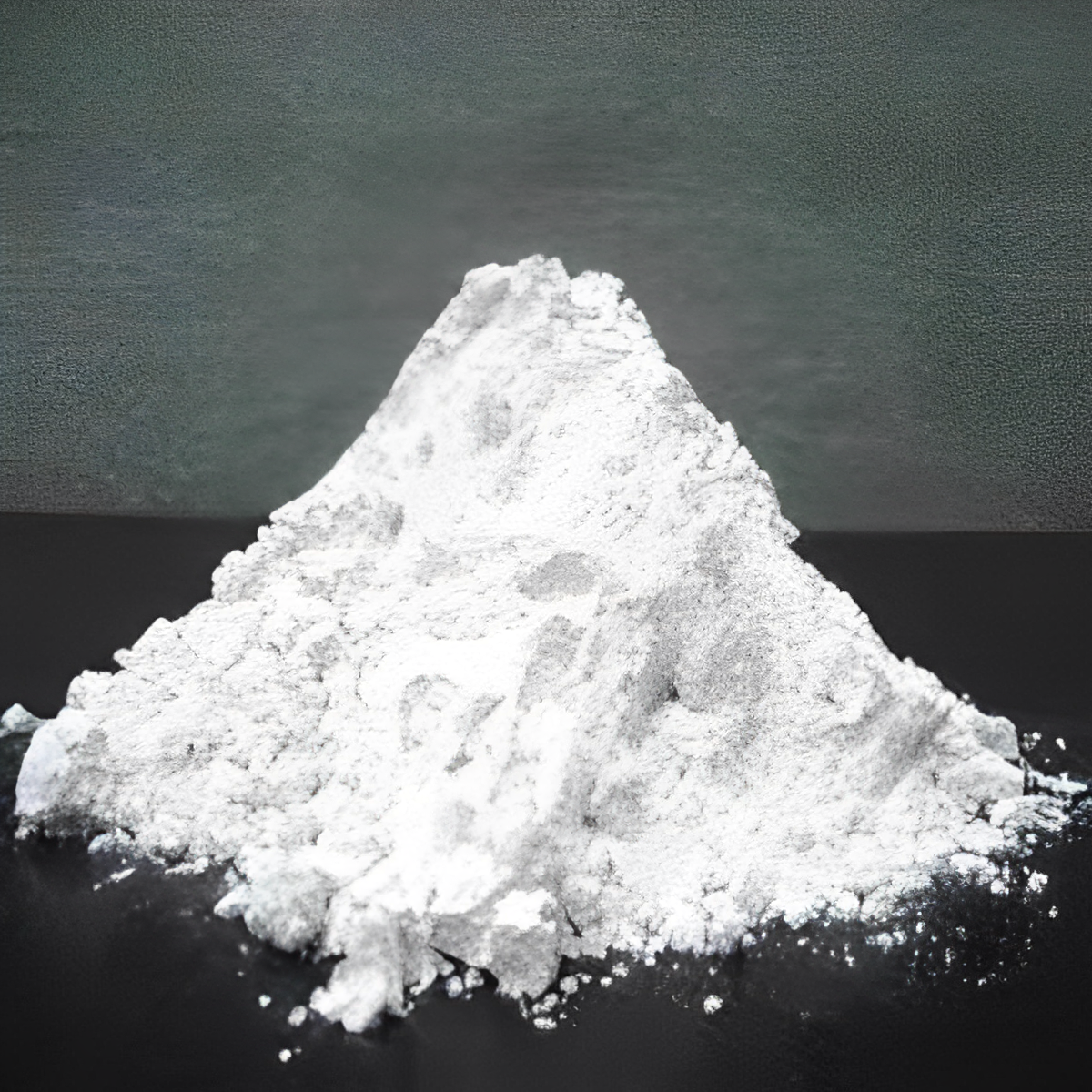
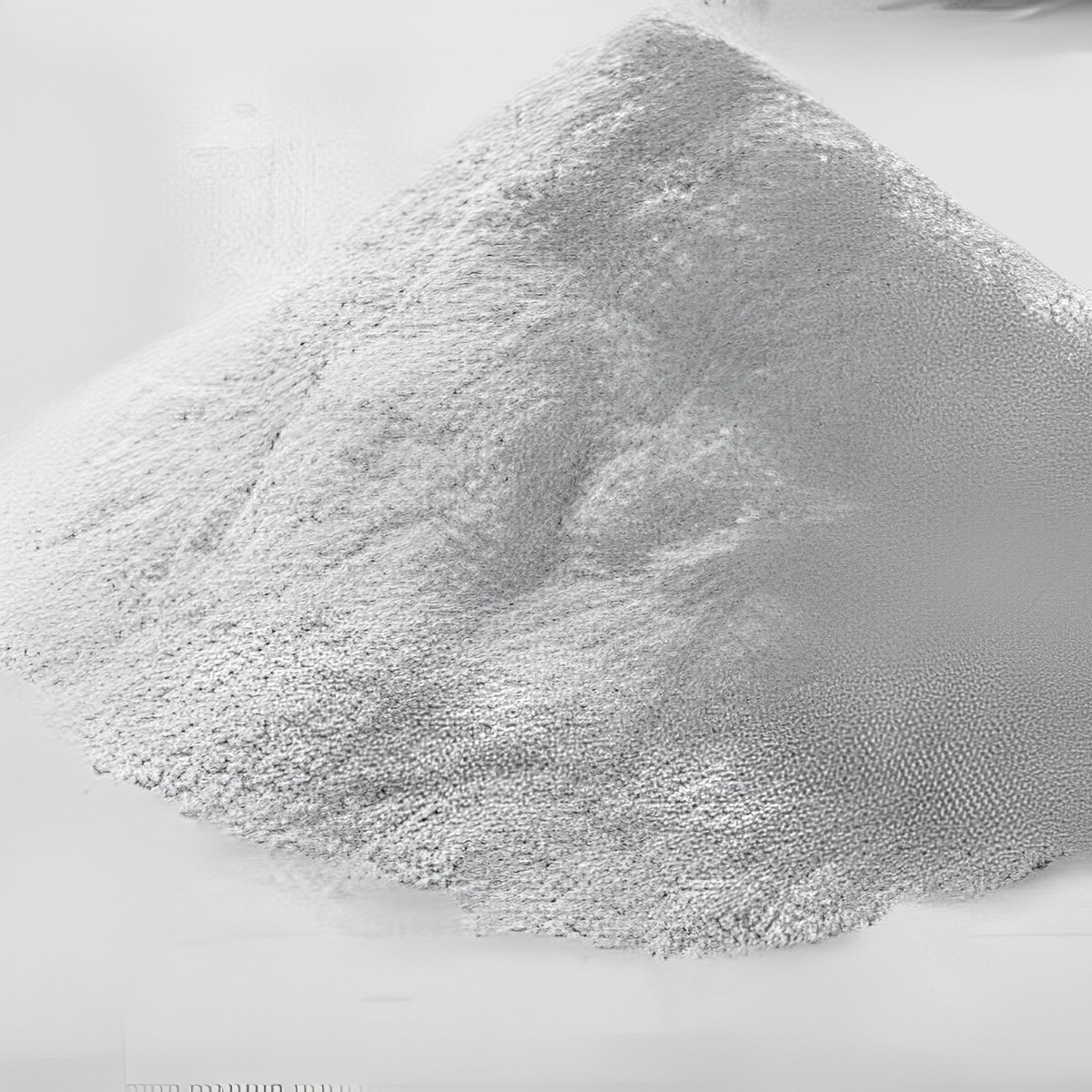
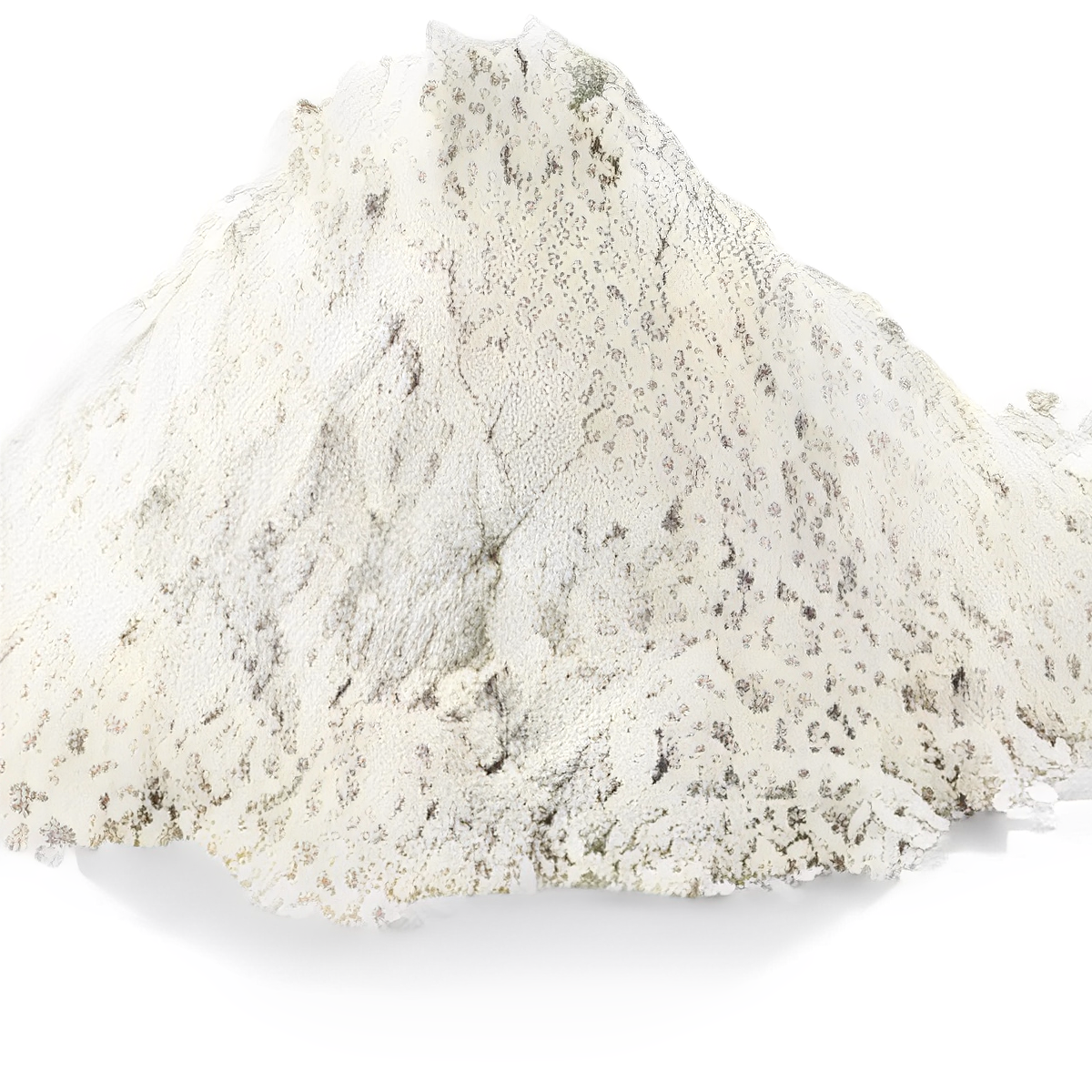
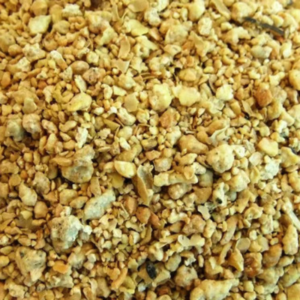
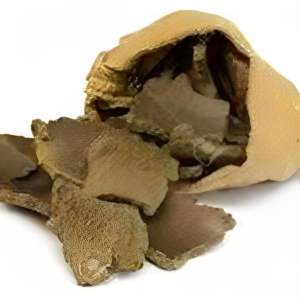
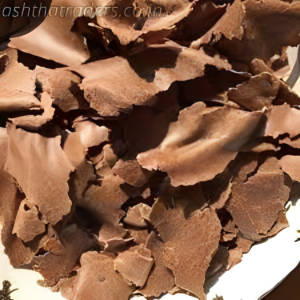


Reviews
There are no reviews yet.